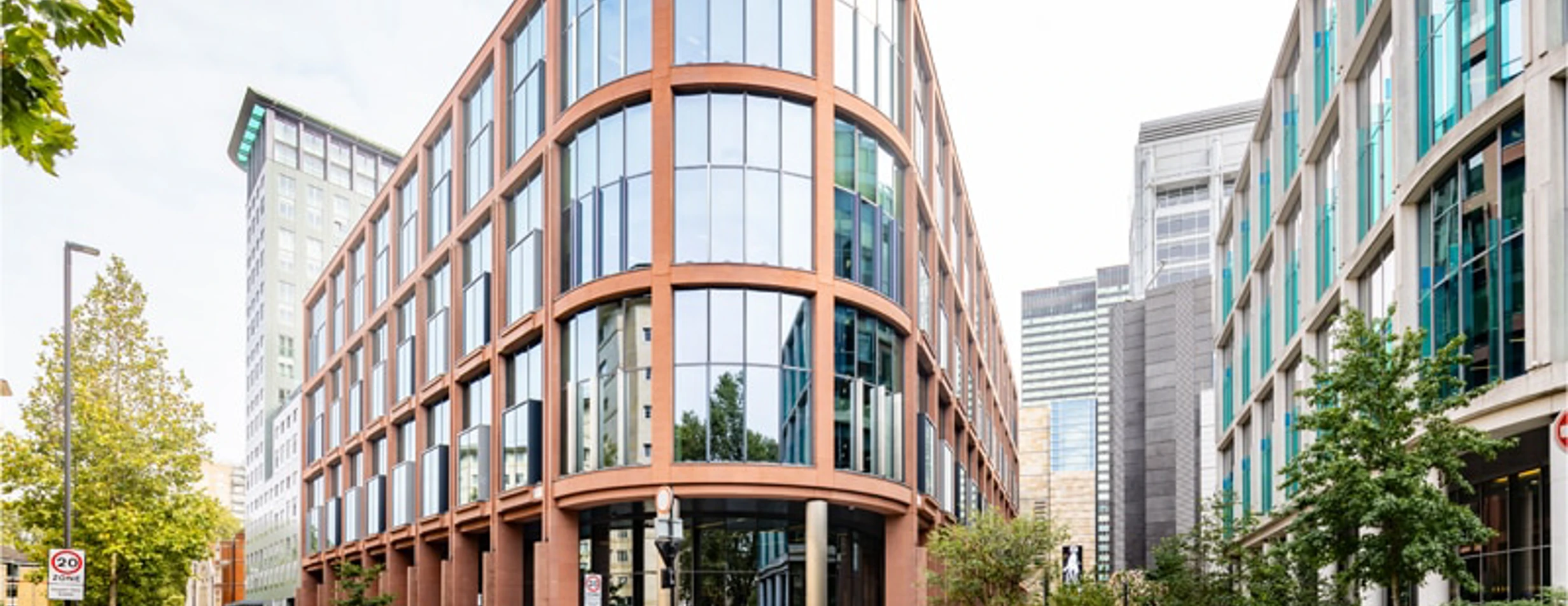Last month, I was in the audience at EG and Bidwell’s Creating a Scientific Superpower event. I was struck by the huge amount of enthusiasm and excitement around the potential for the UK to become a credible rival to established markets, like the US, as a home for forward-thinking life sciences, tech and innovation businesses.
The opportunity for these sectors to be a major driver of growth and employment in the UK is huge, and the integration of artificial intelligence could unlock another massive wave of growth. There are headwinds, such as high inflation and rising interest rates, which are impacting the wider economy and the funding environment for these sectors in the near term, but the fundamentals for future success are sound.
This optimism is underpinned by the country’s thriving academic landscape, distinguished universities and cutting-edge research institutions. We have a rich tradition of scientific excellence and are home to three of the world’s top ten universities, which attract some of the best talent from across the globe. Coupled with the government’s desire to back growth in this area, it feels like we are on the brink of something big here in the UK – and that, in turn, presents a huge opportunity for the real estate sector.
What is holding us back?
While government support is crucial, and we have the talent, connectivity, and favourable conditions to help businesses thrive, there are factors holding us back. A lack of growth capital and experience in scaling companies are particularly restrictive, but those are not problems the real estate industry can solve.
Where we can help is by meeting the need for scale-up space for an industry which is growing fast and needs the right type of workspace in the right places – and quickly. Recently, focus has been on the life sciences and innovation real estate investment and development markets, but much of this supply will not be delivered until the late 2020s. The scope for growth is significant, particularly if you consider the amount of commercial lab space per capita here compared with the US, which is 3.5 times higher than in the UK.
So where do scale-ups go while they are waiting for space to be delivered? According to Savills, 78% of occupier demand is from companies seeking less than 15,000 sq ft, and this demand is dominated by seed and Series A occupiers. If they can’t scale in the UK, they can’t turn their great ideas into great businesses here so they go elsewhere, taking their talent and ideas with them.
Where can the scale-ups go?
During this crucial phase, these industries require purpose-built, high-quality lab space, flexibility to grow nearby and hands-on operational support from a landlord that understands their business and the challenges they face. This allows them to focus on accelerating their growth.
At British Land, we have been meeting this demand in two ways: by retrofitting existing office space and through modular building.
The first is not straightforward – labs are technically demanding and it doesn’t work everywhere, but it can be done and offers a sustainable approach. We have had success with this method at Regent’s Place in London and Guildford’s Surrey Research Park. We have started on site with our 90,000 sq ft workspace and lab scheme at Peterhouse Technology Park in Cambridge and have recently received planning to convert a former Debenhams in Bath into lab-enabled space.
A modular solution?
Modular construction is a brilliant way to meet demand in a fraction of the time it takes to develop a traditional building. At the end of June, we opened the Paper Yard at Canada Water, which took just nine months to deliver. It can be scaled and adapted as needed, directly meeting the evolving needs of growing occupiers. And the appeal of Canada Water is that these businesses have an opportunity like nowhere else in London to scale quickly, with our wider masterplan providing opportunities for quick delivery of bespoke buildings.
This flexibility is a core part of our tried-and-tested campus strategy and plays well to the demands of this sector. At Regent’s Place, which we’ve owned and managed for nearly 40 years, we are providing lab-enabled and fitted space within existing buildings where businesses can cluster. Here, they can benefit from the campus’s position within the Knowledge Quarter and its proximity to more than 100 academic, cultural, research, scientific and media organisations, including UCL, UCLH, the Crick, the Wellcome Trust and the Alan Turing Institute.
We have the right real estate. We also have a team of specialists to help design, deliver and manage these labs. Our vertically integrated business and operational expertise, which we have honed through our Storey flexible workspace brand, is there to support innovation businesses on their journey.
The framework already exists to provide the right space and conditions for growth here in the UK, but it will require a collaborative effort from government, the real estate industry and these sectors to create a sustainable and thriving world-class ecosystem. If the real estate sector can deliver the right space in the right places, alongside government initiatives to unlock growth capital, then the UK’s life sciences, tech and innovation sector can surely thrive.


